White-haired girl as young as ever
By Pauline D.Loh ( China Daily ) Updated: 2014-05-15 10:37:46He had gone through all the trials and tribulations of that period, and he could not help but get emotionally uptight, roused by the raw evocation of wrenching memories.
For me, this was my first encounter with the Girl's classic white mane. During the Spring Festival concerts and interminable talent contests on television, I had listened to too many versions of the duet between Xi'er and her father Yang Bailao, sung in a vast variety of keys.
Only after watching the entire ballet did I realize that this famous ditty was just a very small chapter in the whole book, and was over in less than three minutes.
The model drama's original political message had no effect on me as a Chinese who had grown up far away from the ancestral homeland. In the '60s and '70s, I was tucked away in boarding school in the depths of England, and there were just vague recollections of stories on what had happened to a relative of a relative of a relative.
The revolutionary message is still bright and clear in this edition of the ballet, delivered straight off the cuff with little subtlety.
Rich landlords are evil. Their feudal families including the decadent old ladies are evil. The poor, hard-working rural slaves are oppressed and long for liberation. Vindication comes with effort and sacrifice, but it comes.
It was oddly ironic, however, that in 2014, this message should again be delivered to an audience, some dressed in minks, in the very mercenary heart of China—Shanghai. It is a rather unsettling context, if you come to think of it.
Related: Shanghai city impressions
Fear and loathing up the mile-high club
Future hazy as we count the cost of warp-speed growth
For more Chinese Whispers, please click here.
|
|
|
|
|
|
|
|
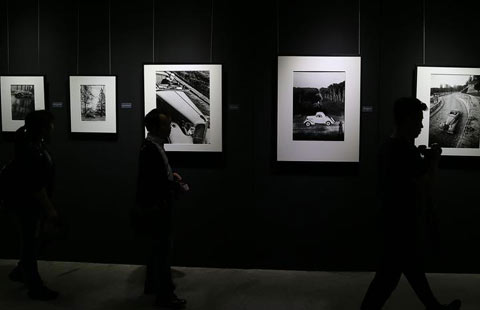

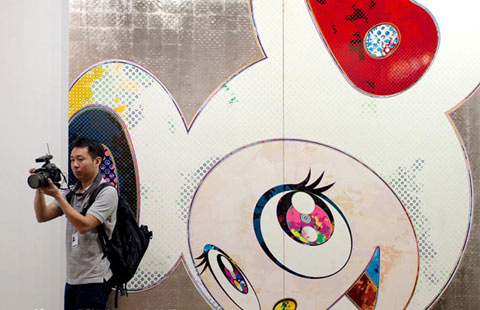


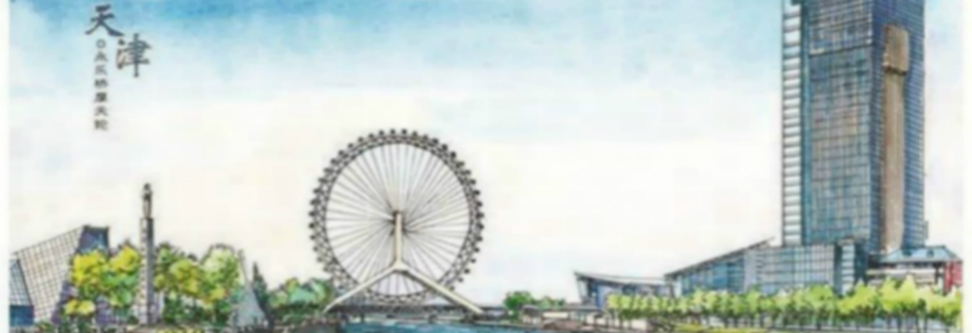

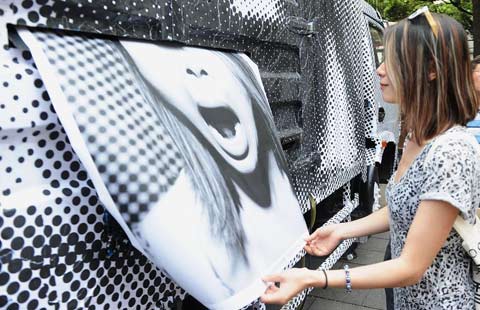
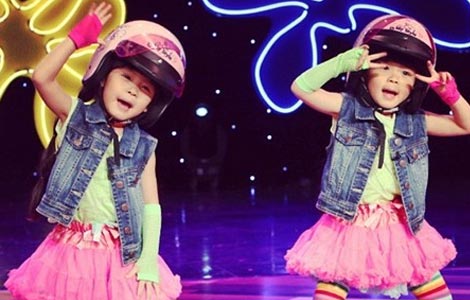
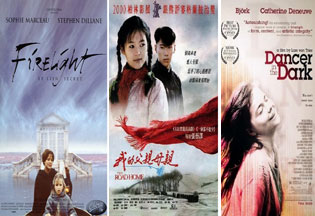



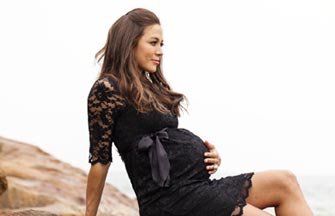




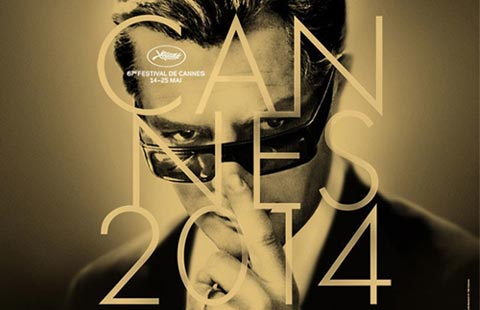


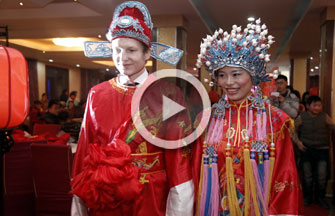
 Raymond Zhou:
Raymond Zhou: Pauline D Loh:
Pauline D Loh: Hot Pot
Hot Pot Eco China
Eco China China Dream
China Dream China Face
China Face


